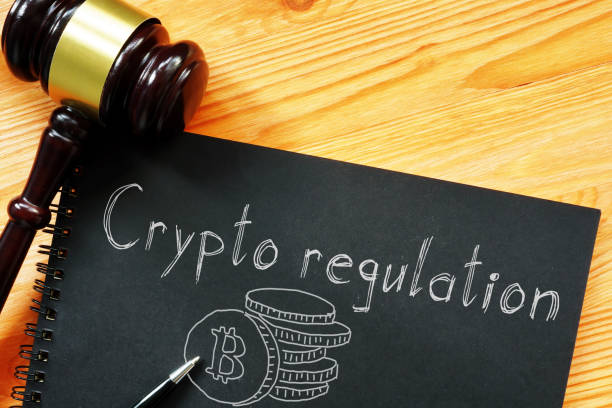The fast-paced world of cryptocurrencies and blockchain technology offers immense opportunities – but also serious legal challenges. From launching a token to building a decentralized application, each step demands careful attention to regulatory requirements. For founders and developers, working with crypto lawyers from the start is crucial to avoid pitfalls that could derail a project or attract unwanted legal scrutiny. Understanding legal risk isn’t just about protecting a business; it’s about laying a strong foundation for sustainable growth.
Understanding Legal Risk in Crypto Projects
Crypto projects often operate across borders, making them subject to a mix of international, national, and even local laws. These include regulations on anti-money laundering (AML), securities classification, tax obligations, and consumer protection. The lack of a unified global framework adds complexity, leaving many startups unaware of the full scope of their legal responsibilities.
A common misconception is that decentralization exempts a project from regulatory oversight. In reality, even decentralized platforms can face enforcement actions if they fail to comply with applicable laws. Legal risk can arise not only from the project itself but also from the behavior of users, governance participants, or token holders.
Token Classification: Security or Utility?
One of the biggest legal challenges in the crypto space is determining whether a token is a security or a utility. This classification directly impacts how a token can be issued, promoted, and traded. Regulatory bodies like the U.S. Securities and Exchange Commission (SEC) have taken strong positions against projects they believe are selling unregistered securities.
Incorrect classification can lead to significant consequences, including fines, forced shutdowns, or even criminal charges. Consulting with experienced crypto lawyers is essential to structure a token offering in a legally compliant way and to draft documentation that reflects the nature and purpose of the asset.
Compliance Obligations Beyond Token Sales
Legal compliance doesn’t stop at token issuance. Many crypto projects must also adhere to Know Your Customer (KYC) and Anti-Money Laundering (AML) regulations. Exchanges, wallets, and DeFi platforms may be classified as Virtual Asset Service Providers (VASPs) and are therefore required to implement robust compliance programs.
Beyond regulatory filings, developers should consider intellectual property protections, smart contract audits, and governance frameworks that align with both legal and ethical standards. Failure to address these areas early can result in delays, reputational damage, or litigation.
The Role of Legal Advisors in the Crypto Ecosystem
Legal advisors don’t just interpret laws – they help shape strategy. From choosing the right jurisdiction to designing fair and transparent governance models, they play a pivotal role in the long-term viability of a crypto project. Projects that treat legal counsel as an afterthought often struggle with retroactive fixes, which can be costly and ineffective.
Working with professionals who specialize in crypto legal compliance ensures that every aspect of a project – from tokenomics to marketing – is developed with regulatory foresight. Their insights help anticipate changes in legislation, minimize risk exposure, and improve investor confidence.
Conclusion: Partnering for Long-Term Success
The intersection of blockchain innovation and legal regulation is still evolving, making it essential for every crypto project to approach legal matters with the same level of innovation and diligence applied to technology. For those navigating this complex terrain, expert guidance is not a luxury – it’s a necessity. That’s where Aurum comes in. With deep expertise in crypto legal compliance and a proven track record of supporting Web3 ventures globally, the legal firm guides blockchain innovators with strategic legal solutions tailored to today’s fast-moving digital economy.
